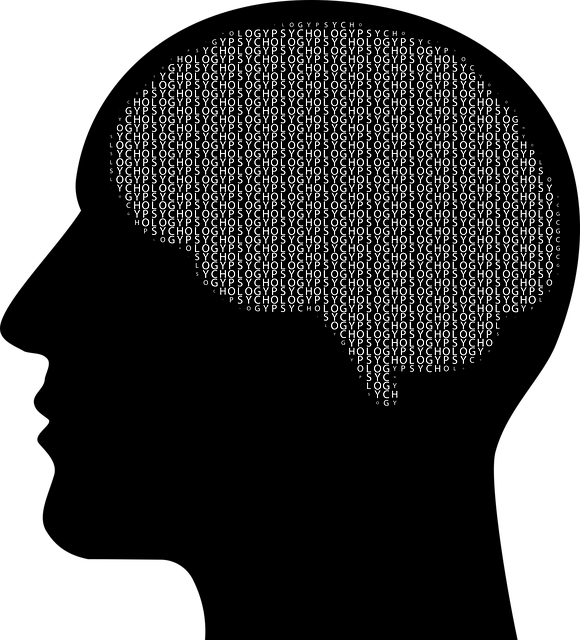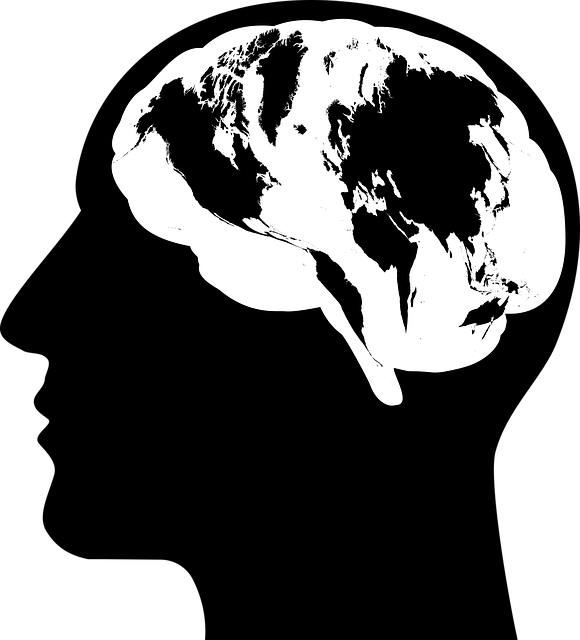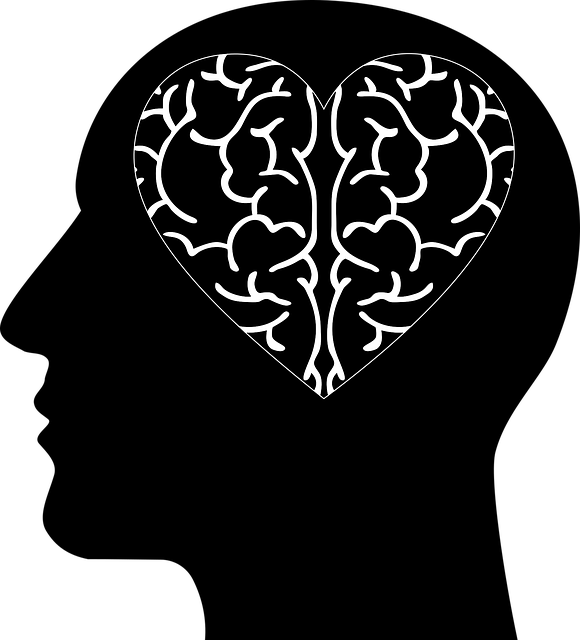Cultural sensitivity in mental healthcare for young adults with sexual dysfunction involves understanding and respecting diverse cultural backgrounds, values, and beliefs. Tailored approaches, such as incorporating culturally specific rituals, mindfulness meditation, and resilience-building activities, strengthen connections and enhance the healing process. This ensures inclusive, effective treatment that addresses unique individual experiences and reduces stigma, fostering safe environments for open communication and trust. By integrating cultural competence, therapists can provide accurate diagnoses and tailored treatments, preserving patients' cultural integrity while improving overall mental health outcomes.
Cultural sensitivity is an indispensable aspect of mental healthcare, especially when treating young adults. Understanding and respecting diverse cultural backgrounds can significantly impact patient outcomes, particularly regarding issues like sexual dysfunction. This article explores these nuances, offering insights into how therapists can create culturally competent sessions to better serve young adult patients. We delve into the unique challenges of addressing sexual dysfunction across cultures and provide strategies for enhancing therapy while acknowledging the intricate tapestry of patient identities.
- Understanding Cultural Sensitivity in Mental Healthcare
- The Impact of Cultural Background on Young Adult Patients
- Challenges in Addressing Sexual Dysfunction Across Cultures
- Strategies for Culturally Competent Therapy Sessions
- Enhancing Patient Outcomes through Cultural Sensitivity in Treatment
Understanding Cultural Sensitivity in Mental Healthcare

Cultural sensitivity in mental healthcare is a crucial aspect that significantly impacts the effectiveness of therapy for young adults experiencing sexual dysfunction or other psychological challenges. It involves recognizing and appreciating the diverse cultural backgrounds, values, beliefs, and traditions of clients, ensuring that their unique needs are met. In the context of therapy for young adults with sexual dysfunctions, understanding cultural nuances can help mental health professionals tailor their approach, making treatments more inclusive and sensitive to individual experiences.
For instance, trauma support services often require a nuanced understanding of cultural responses to traumatic events. Some cultures may have specific rituals or practices that aid in healing from trauma, which could be incorporated into therapeutic strategies. Mindfulness meditation, for example, has gained popularity as a mental wellness journaling exercise guidance, but it’s essential to teach and adapt these practices to respect and reflect the client’s cultural context. By embracing cultural sensitivity, mental healthcare providers can foster stronger connections with their clients, ultimately enhancing the overall healing process.
The Impact of Cultural Background on Young Adult Patients

Understanding the impact of cultural background on young adult patients is paramount in mental healthcare practice. The experiences and beliefs shaped by one’s heritage significantly influence how they perceive and engage with therapy, particularly when addressing sensitive issues like sexual dysfunction. For instance, cultural norms around sexuality, gender roles, and taboos can determine whether a patient feels comfortable discussing these topics openly with their therapist. Some cultures may emphasize the importance of familial honor and privacy, while others promote direct communication about intimate matters.
Furthermore, the design of mental health education programs and crisis intervention guidance must be culturally sensitive to effectively support young adults from diverse backgrounds. Incorporating resilience-building activities tailored to specific cultural contexts can foster trust and engagement in therapy. By recognizing and respecting these differences, healthcare providers can create inclusive environments that empower patients to seek help for sexual dysfunction and other mental health challenges, ultimately improving treatment outcomes.
Challenges in Addressing Sexual Dysfunction Across Cultures

Addressing sexual dysfunction in a culturally sensitive manner presents unique challenges, especially when tailored to young adults from diverse backgrounds. What may be considered normal or acceptable sexual behavior varies greatly across cultures, making one-size-fits-all approaches ineffective. Therapists must navigate these cultural nuances to provide appropriate care, ensuring that treatment aligns with the patient’s values and beliefs while fostering mental wellness.
The development of mental wellness coaching programs and public awareness campaigns can play a pivotal role in enhancing understanding and reducing stigma surrounding sexual health issues across cultures. By incorporating culturally sensitive practices and promoting open dialogue, these initiatives can help young adults explore and address their sexual dysfunction in safe, supportive environments. Moreover, integrating conflict resolution techniques into therapy sessions enables patients to navigate cultural differences and communicate effectively with healthcare providers.
Strategies for Culturally Competent Therapy Sessions

Creating a culturally competent therapy environment is essential when working with young adults experiencing sexual dysfunction or other mental health challenges. Therapists should begin by actively listening to and understanding their client’s cultural background, beliefs, and values, ensuring a safe and non-judgmental space. This initial step fosters trust and encourages open communication.
Additionally, incorporating culturally relevant techniques can significantly enhance therapy sessions. For example, integrating elements from mindfulness practices or traditional healing rituals may resonate with clients from diverse backgrounds. Facilitating discussions on inner strength development and self-care routine establishment, such as mindfulness exercises or cultural-specific coping mechanisms, not only supports burnout prevention but also empowers young adults to navigate their sexual health issues with resilience.
Enhancing Patient Outcomes through Cultural Sensitivity in Treatment

Incorporating cultural sensitivity into mental healthcare significantly enhances patient outcomes, especially for young adults experiencing issues like sexual dysfunction. Understanding and respecting diverse cultural beliefs, values, and traditions allows therapists to create a safe and inclusive environment where patients feel comfortable discussing sensitive topics. This cultural competence promotes open communication, fostering trust between the therapist and client. As such, it enables more accurate diagnoses and tailored treatments that address not just symptoms but also the unique cultural context of each individual.
For instance, when treating young adults with sexual dysfunction, a culturally sensitive approach might involve exploring the patient’s background, including their cultural norms surrounding sexuality, family dynamics, and any historical or community-based influences. This nuanced understanding can help therapists differentiate between pathologies and cultural variations, ensuring that treatment strategies are both effective and respectful of the patient’s identity. Moreover, integrating stress reduction methods like mindfulness meditation and coping skills development within this sensitive framework can empower patients with tools to manage their conditions while preserving their cultural integrity.
Cultural sensitivity is an indispensable aspect of mental healthcare, especially when treating young adults. By understanding and addressing cultural influences on mental health experiences, therapists can significantly enhance patient outcomes, particularly in managing conditions like sexual dysfunction across diverse backgrounds. Incorporating culturally competent strategies ensures therapy sessions are inclusive and effective. This approach not only respects patients’ identities but also empowers them with the tools to navigate their unique challenges, fostering better mental well-being within a diverse society. When it comes to therapy for young adults with sexual dysfunction, cultural sensitivity is key to providing tailored care that addresses both the mind and the individual’s rich cultural context.














